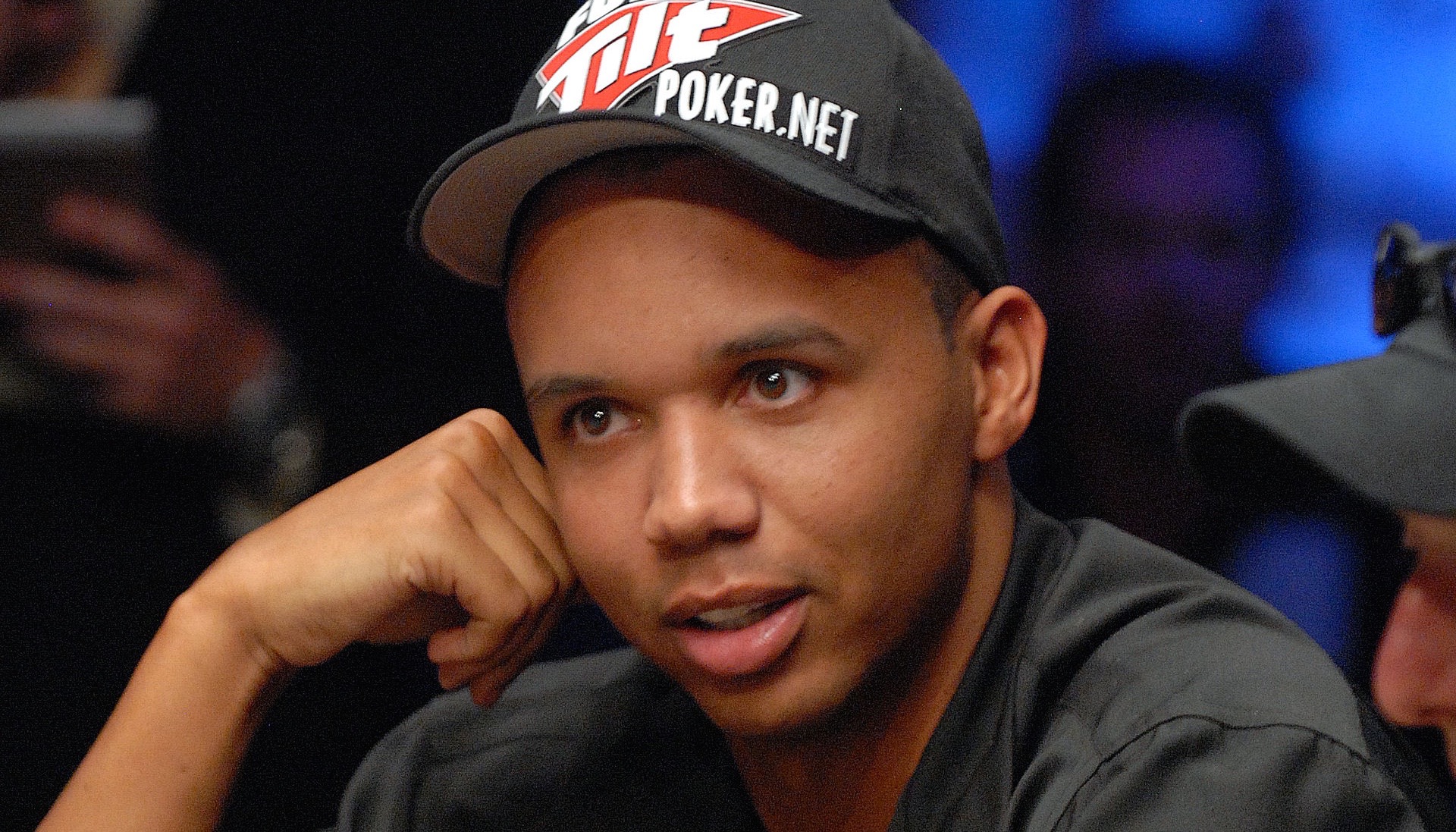Poker pro Phil Ivey has battled two lawsuits that are almost identical as both accuse Ivey and his playing partner Cheung Yin Sun for using a controversial technique known as ‘edge sorting’ to gain an advantage over the house and win millions of dollars. London’s Crockford Casino and Atlantic City’s Borgata Casino filed cases against the poker pro who has won 10 World Series of Poker (WSOP) bracelets and claimed that Ivey and Sun cheated and hence were not eligible to keep their winnings.
Ivey won about $20 million at the two casinos. Earlier this year a London Court ruled in favor of the Crockford casino stating that the casino was not required to pay Ivey his winnings due to the fact that he used ‘edge sorting’ to gain an advantage over the house. Ivey filed an appeal but the court turned it down.
U.S. District Court Judge Noel Hillman has now ruled in favor of MGM’s Borgata and has ordered Ivey and Sun to repay the money they won using the controversial edge sorting technique. Ivey has stated that he will file an appeal in an attempt to overturn the decision. The poker pro who has won over $23 million in his illustrious poker career has freely admitted to using edge sorting, saying it is simply a highly developed skill rather than cheating.
Edge sorting is a technique used in advantage gambling where a player determines whether a face-down playing card is likely to be low or high at casino table games by observing and exploiting subtle unintentional differences on the backs of some types of card, after persuading a croupier to cooperate by unwittingly sorting the cards into low and high. [Wikipedia]
Ivey is well respected in the poker community and is considered to be one of the greatest players in the game. He has received support from the poker community who believe that he is not a cheater. One of those players who support him is poker consultant Zach Elwood.
In a statement, Elwood said “The casinos make extremely large amounts of money offering games that are not beatable long-term. If someone is smart enough to beat the casino in a way that does not violate the rules, I believe the casino should just accept the loss and learn from their mistakes. Ivey did not bring in a new deck, he did not mark the deck; he just used the casino’s own instruments against it. They even had plenty of time to figure out that something might be wrong, and they didn’t correct the situation”.
Unfortunately for Ivey and Sun, one of those ‘instruments’ may have been dealer who unwittingly turned the cards upon Sun’s request in a hospitable gesture meant to accommodate ritual and superstition associated with the game, but ultimately allowed Ivey to ‘know’ the deck.
Ivey’s legal counsel stated the ruling condemned a player for using skill, visual acuity, and intellect to beat the house at its own game. The Borgata also wanted Phil Ivey to pay an additional $250,000 in compensation charges which were listed as ‘goods & services’ but the judge turned down the request.
A seemingly unrelated advantage play practice is card counting in the game of blackjack. That art is considered a skill, and although not technically illegal, casinos in Atlantic City and New Jersey are allowed to ‘back off’ players they suspect of practicing it. There is no known current case law in New Jersey or Nevada wherein a casino was able to pilfer the winnings of a player after the fact, thanks to Las Vegas attorney Robert “Bob” Nersesian, who has helped define what is right and what is wrong when it comes to player versus the house.
If Ivey is successful in getting the case heard on appeal, and he carries the fight, punters can eventually expect a major aspect of advantage play to finally be determined by settled law, rather than the opinion of regulators or judges more consumed with prudence than ‘fairness’.
Additional reporting by Lars Jones
To see how Common Law may have affected U.S. court decisions to date in regard to advantage play, please see the scholastic article: (pdf)
Edge-Sorting: A Chance for Courts to Sort Out the Law for Advantage Play
Kevin Schweitzer
Gaming Law Policy
Profs. Roberts and Gemignani
May 14, 2015
For more on Bob Nersesian, please see his manifesto; Beat The Players: Casinos, Cops and the Game Inside the Game (2006), published by Pi Ye Press.
To read up on Dr. Eliot Jacobson, who, although not mentioned in this article, has a well defined and respected voice on advantage play, discussed from a casino security perspective in most instances, please see: Edge Sorting | Eliot Jacobson, Ph.D. – Jacobson Gaming, LLC
For a well-rounded discussion on the game, please see https://wizardofodds.com/ask-the-wizard/baccarat/



